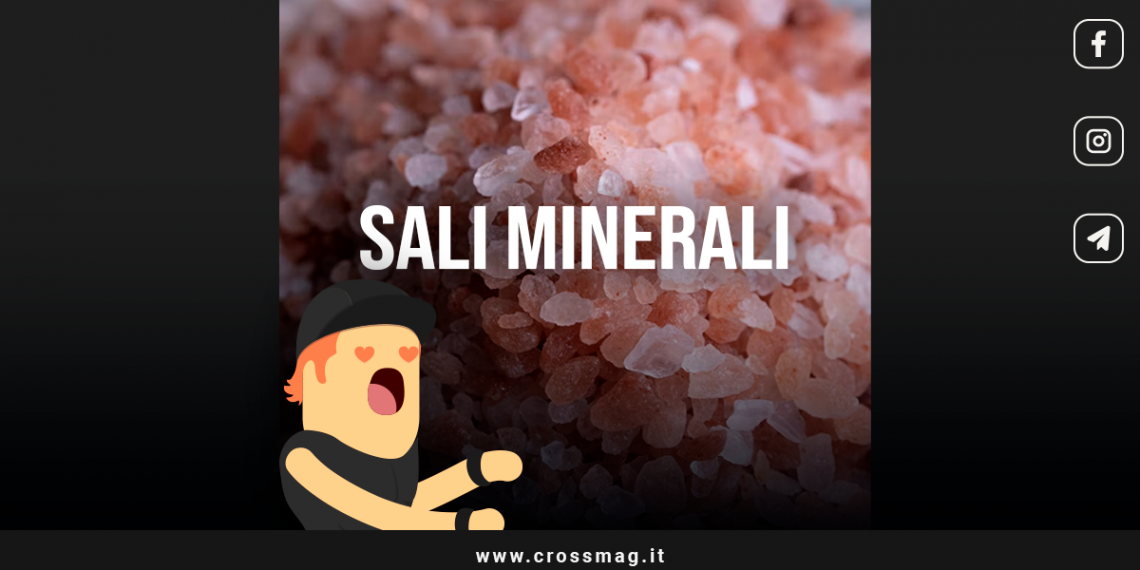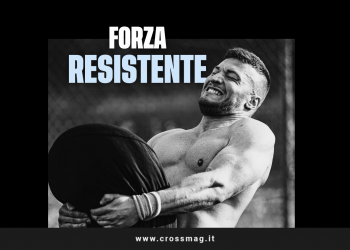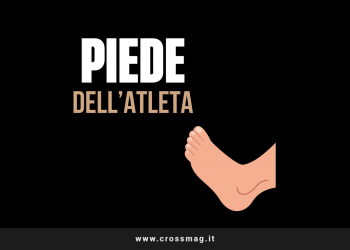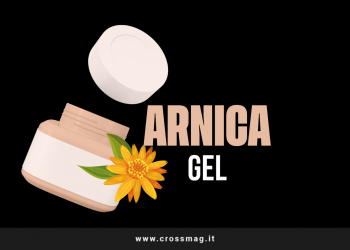I mineral salts are inorganic substances, whose functions are essential for the human body; they are complicit in various cellular processes such as the development of tissues and organs, muscle growth, the formation of teeth and bones and metabolic cycles.
They are introduced into the body through water and food; they are not produced by our body independently and they must be introduced consistently through healthy nutrition.
Macroelements and microelements
Mineral salts, unlike carbohydrates, of fats and of protein, they do not provide energy, but are indispensable for originating the processes in the organism that produce energy.
They can be divided into two groups:
- Macroelements: are those minerals that the body needs in large quantities; among these we have:
- Football: necessary for the correct structure and function of bones and teeth; it also helps in muscle function and in the contraction of blood vessels;
- Phosphorus and Potassium: part of the bone structure and cell membrane;
- Magnesium: helps with over 300 enzymatic reactions, including regulation of blood pressure;
- Sodium: electrolyte that helps the balance of liquids and the maintenance of blood pressure;
- Chloride: often found in combination with sodium, it helps maintain fluid balance and is used for digestive juices;
- Potassium: electrolyte that maintains the state of fluid in the cells and helps nerve transmission;
- Sulfur: part of every living tissue and contained in the amino acids methionine and cysteine.
- Microelements: they are present in the body in small quantities, but still help in the essential functions of the organism; among these we have:
- Iron: helps supply oxygen to the muscles and helps in the creation of some hormones;
- Manganese: assists the metabolism of carbohydrates, amino acids and cholesterol;
- Copper: necessary for the formation of connective tissue, as well as for the normal function of the brain and nervous system;
- Zinc: required for normal growth, immune function and wound healing;
- Iodine: helps in the regulation of the thyroid gland;
- Fluorine: necessary for the development of bones and teeth;
- Selenium: important for the health, reproduction and defense of the thyroid against oxidative stress.
Mineral salt requirement and deficit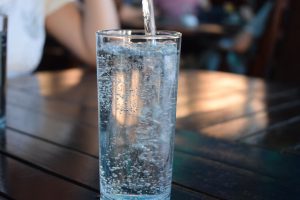
Il need for mineral salts is extremely variable and depends on the specific element; macroelements must be taken, in general, in quantities greater than 100 mg per day, while the microelements must not exceed 100 mg per day.
Through a healthy and balanced diet, it is difficult to have a deficit of mineral salts, but it is still possible; the symptoms of a mineral deficiency are:
- Drowsiness
- Physical and mental fatigue
- Difficulty concentrating
- Muscle cramps
- Nausea
- Arrhythmias
States of true deficiency are very rare in countries with good dietary standards, but they can happen and lead to serious consequences such as rickets, osteoporosis, severe anemia and blood clotting disorders.
And you, did you know all the mineral salts? Always follow a balanced and healthy diet to make sure you get them all in sufficient quantities and remember to follow us on our telegram channel ????
SUBSCRIBE HERE TO THE SPORT & FITNESS CHANNEL

